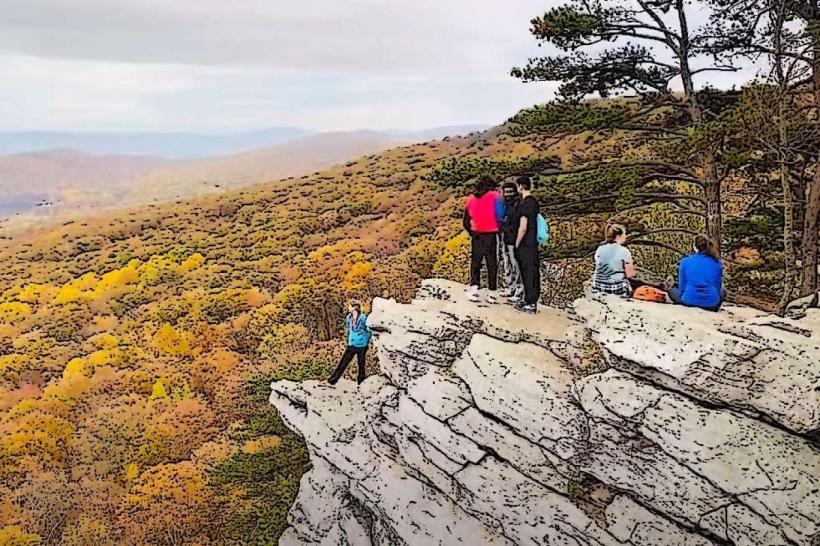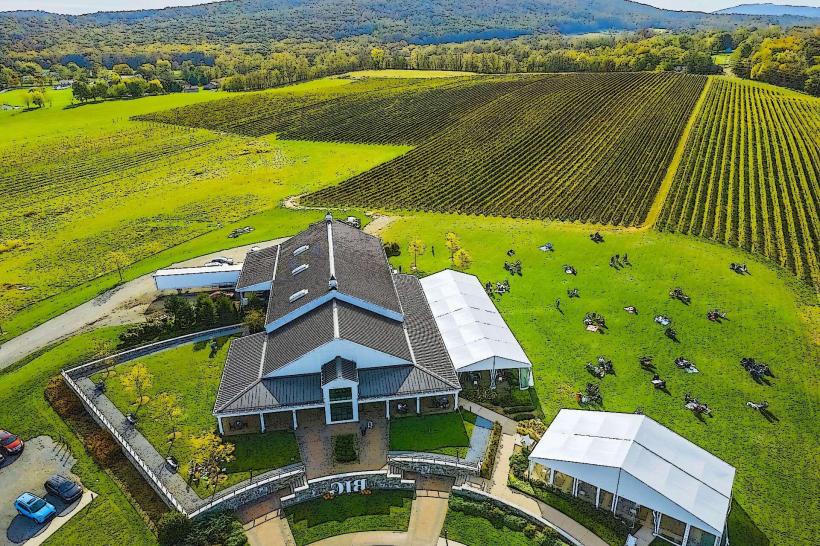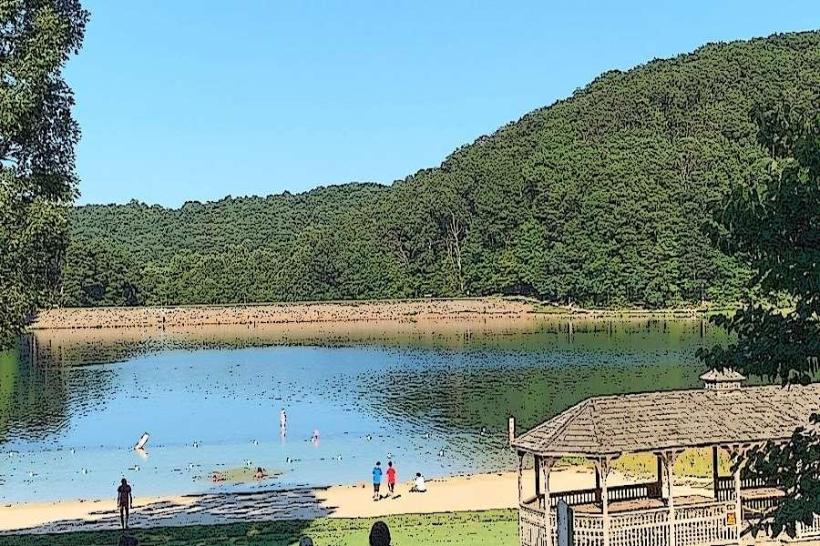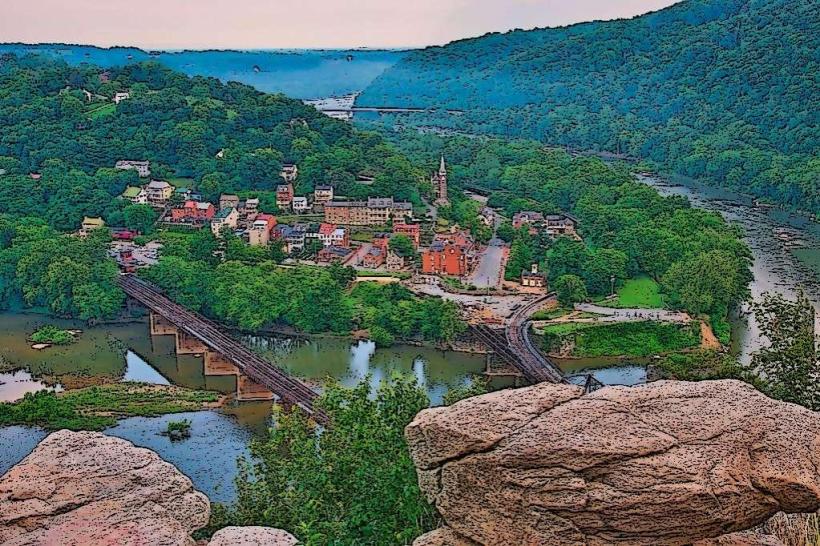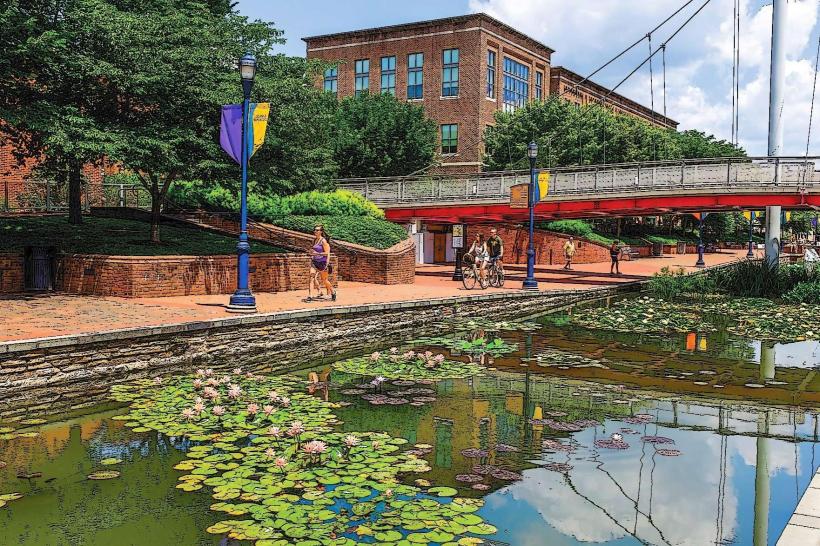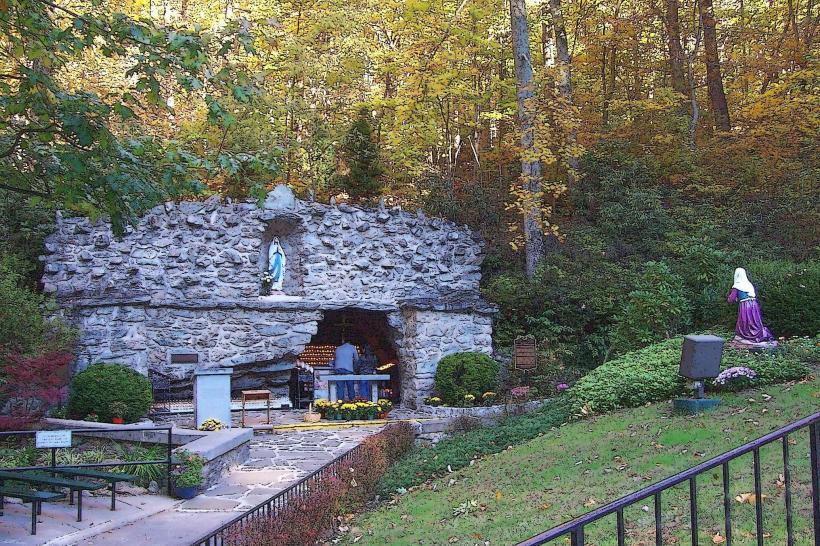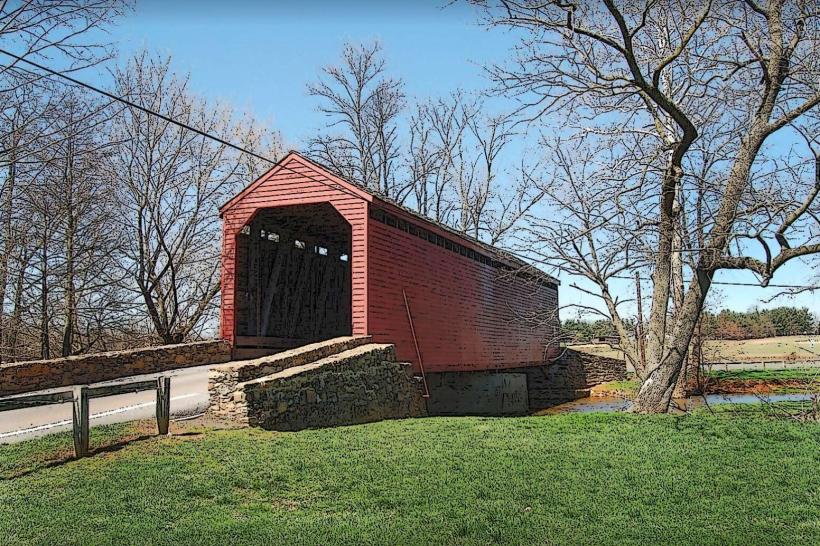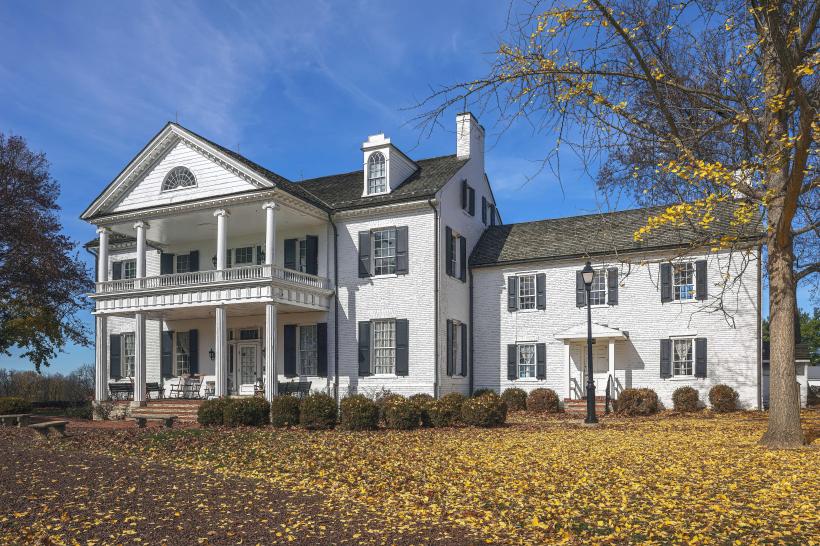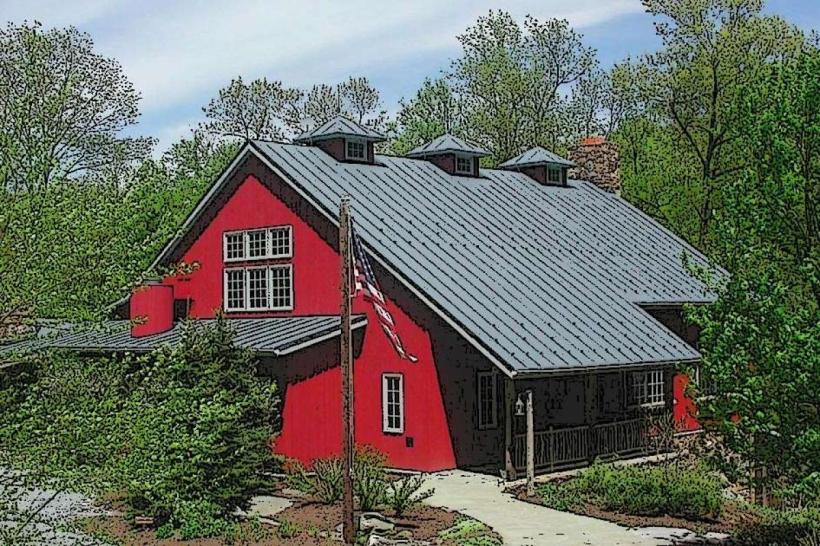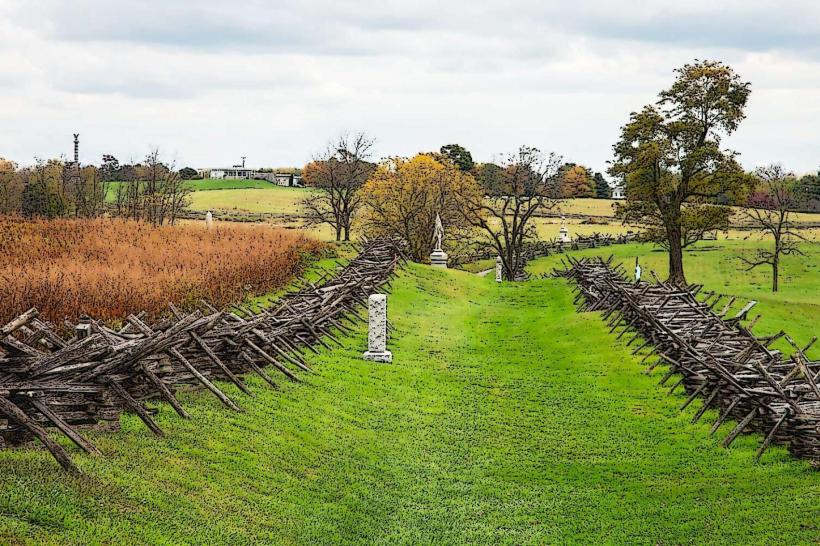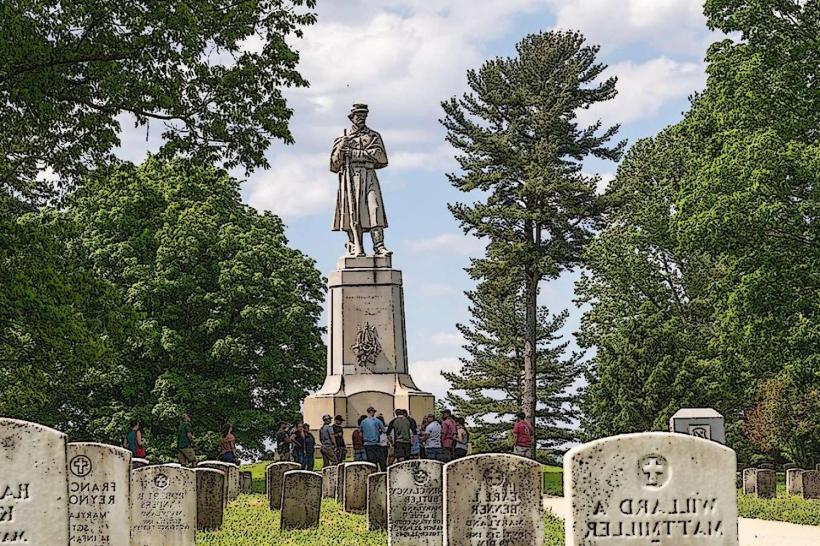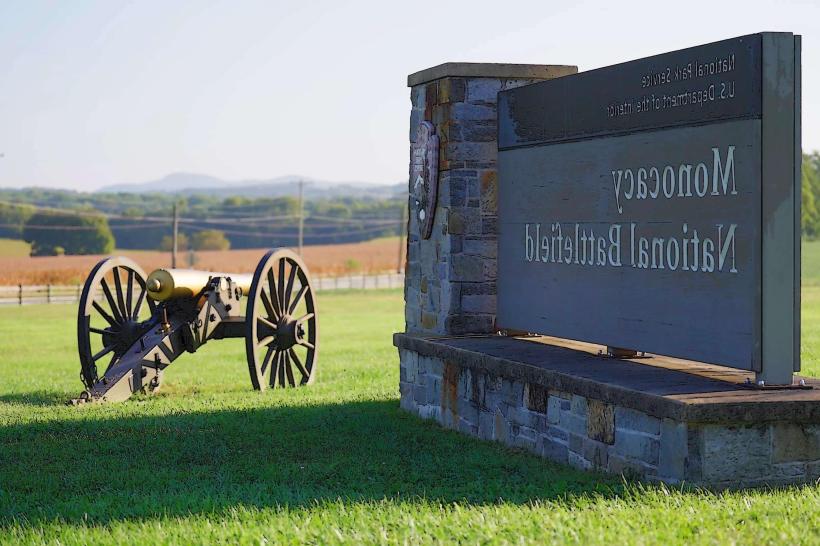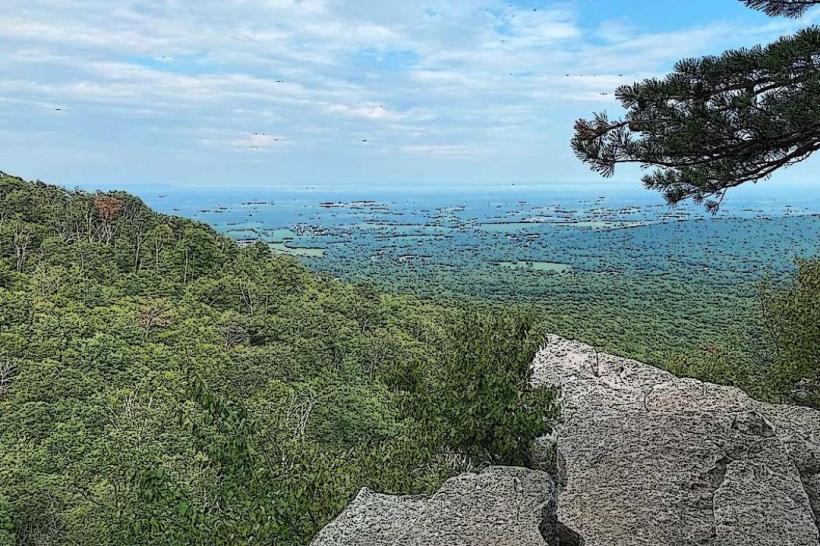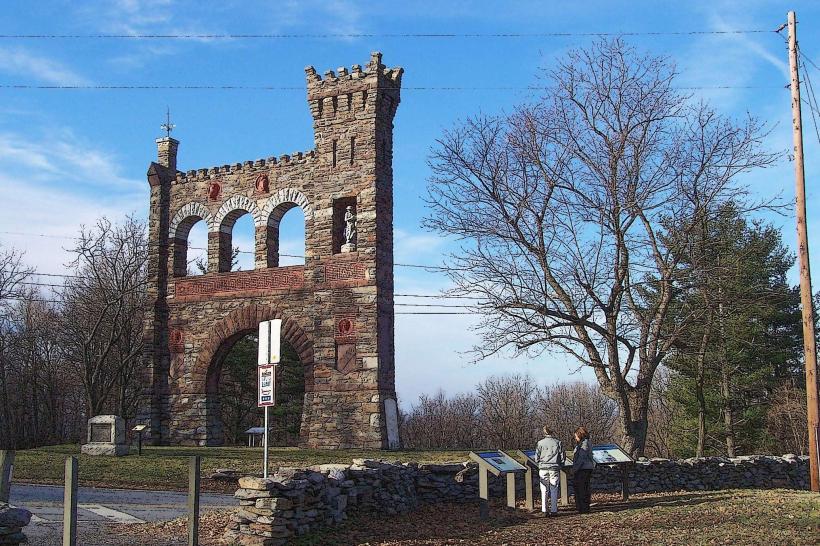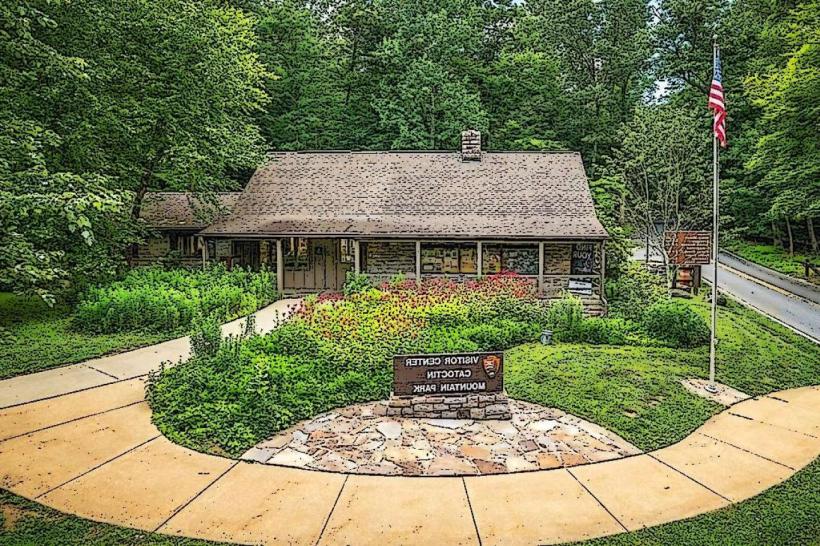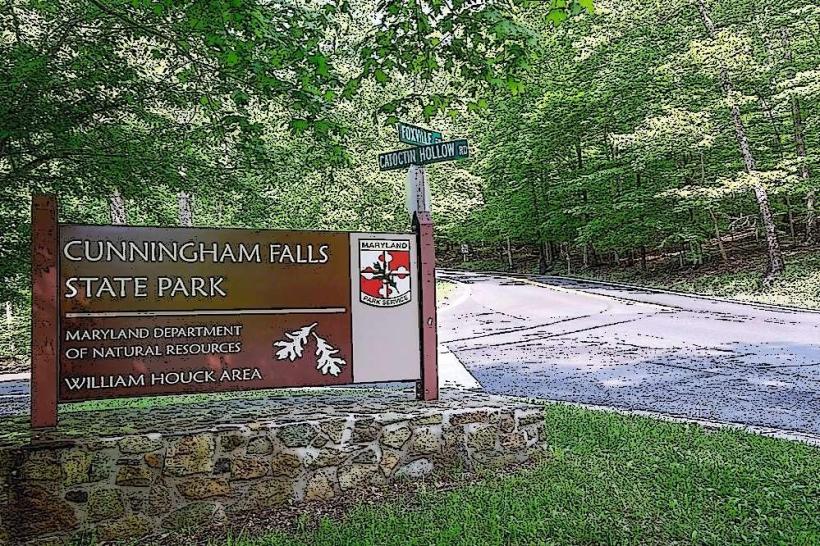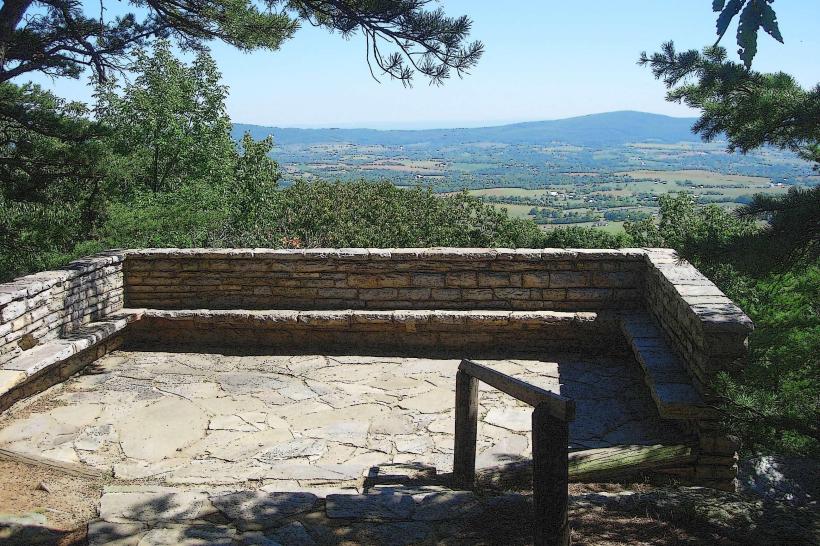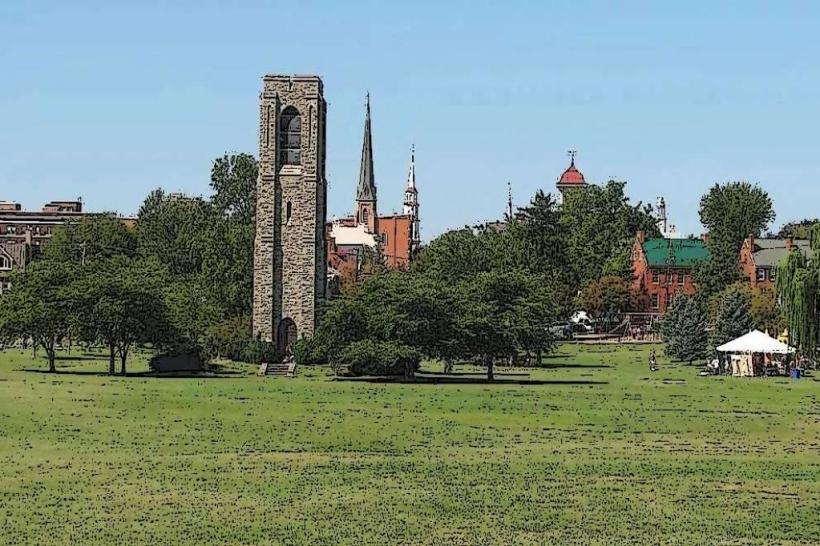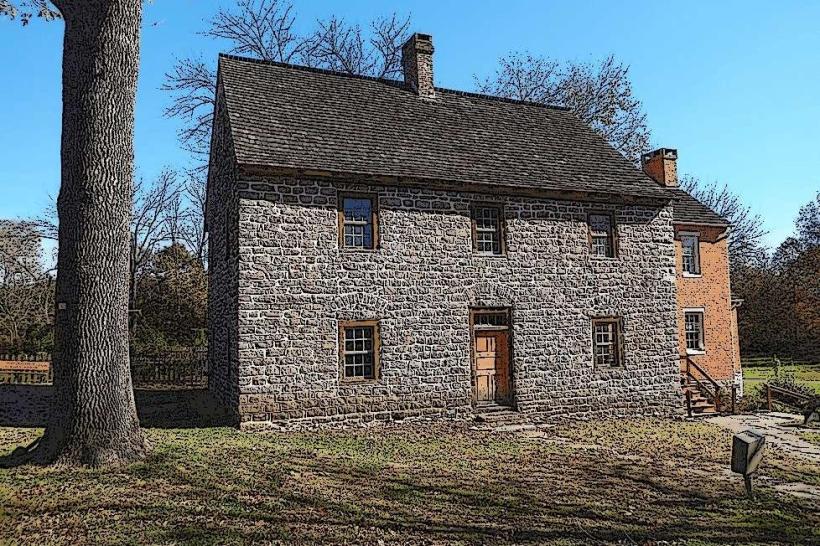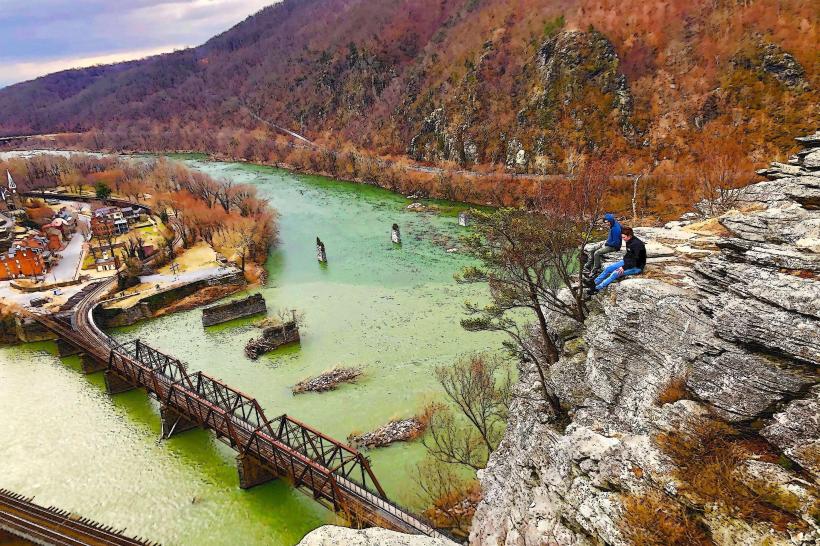Information
Landmark: Washington Monument State ParkCity: Frederick
Country: USA Maryland
Continent: North America
Washington Monument State Park, Frederick, USA Maryland, North America
Oak Creek Canyon is a gorge located in northern Arizona, south of Flagstaff and north of Sedona.
Visual Characteristics
The canyon walls are composed of red sandstone, with vertical striations and varying shades of ochre, rust, and cream. The canyon floor features a riparian zone with dense stands of cottonwood and sycamore trees, contrasting with the arid desert scrub on the upper slopes. Oak Creek itself is a clear, flowing waterway with sections of rapids and calmer pools.
Location & Access Logistics
Oak Creek Canyon is accessible via State Route 89A, which traverses the canyon floor. The southern entrance is approximately 15 miles north of Sedona's city center. Parking is available at designated pull-offs and trailheads along 89A. Limited public transportation operates within the canyon; the Sedona Shuttle provides service to select trailheads during peak seasons.
Historical & Ecological Origin
The canyon was carved by Oak Creek over millions of years through erosion of the Colorado Plateau. It is part of the Mogollon Rim, a significant geological escarpment. The area has been inhabited by indigenous peoples for centuries, including the Sinagua culture.
Key Highlights & Activities
Hiking trails include the West Fork Trail, known for its numerous creek crossings, and the Soldier Pass Trail, which leads to a natural arch. Swimming and wading are possible in designated areas of Oak Creek. Photography opportunities are present throughout the canyon, particularly of the rock formations and riparian vegetation.
Infrastructure & Amenities
Restrooms are available at several trailheads and picnic areas. Shade is provided by trees along the creek and in developed picnic spots. Cell phone signal is intermittent within the canyon, with 4G/5G coverage generally limited to higher elevations or specific pull-offs. Food vendors are not present within the canyon; provisions should be obtained in Sedona or Flagstaff.
Best Time to Visit
For photography, early morning and late afternoon offer optimal lighting on the red rock formations. The best months for comfortable hiking and outdoor activities are April through May and September through October, avoiding the summer heat. Oak Creek water levels are generally highest in spring due to snowmelt.
Facts & Legends
A specific geological feature within the canyon is the "Slide Rock," a natural water slide formed by smooth sandstone. Local lore sometimes associates the canyon with spiritual energy vortexes, though this is not scientifically verified.
Nearby Landmarks
- Sedona Heritage Museum (7km South)
- Chapel of the Holy Cross (10km South)
- Palatki Heritage Site (12km Southwest)
- Montezuma Castle National Monument (40km Southwest)

